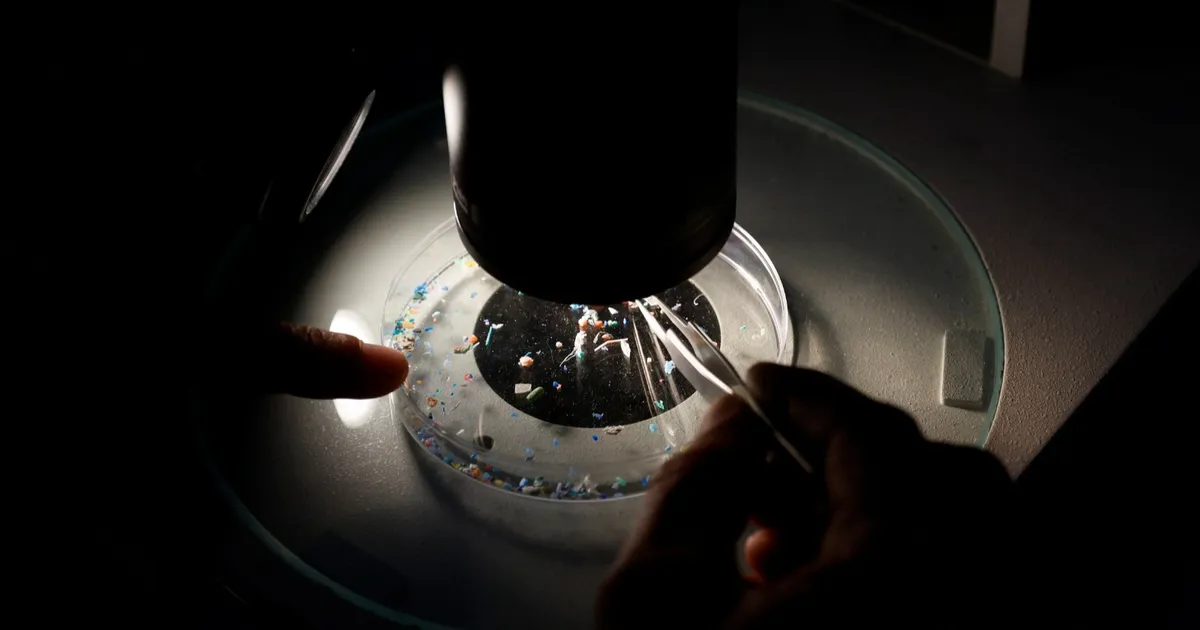Laboratory experiments have indicated that small pieces of plastic that find their way in the small intestine, the beneficial bacteria and other microbes that naturally live there, can negatively affect, known as the ‘gut microbiome’. Researchers said during the European Society of Gastroenterology Conference in Berlin that some of the changes caused by microplastic particles in gut microbes in test tubes were similar to the changes observed in cases of depression, colorectal cancer and other diseases. Previous studies have revealed the presence of microplastic particles in feces and colon biopsies among a large percentage of volunteers. Bacteria cultivation. The new study used feces of five healthy volunteers. The researchers cultivated bowel bacteria in the laboratory and then exposed them to five common types of microplastic particles, in concentrations that imitate a person in his daily life. For the most part, the total bacterial population has not changed. However, cultures of bacteria exposed to microplasty showed a significant decrease in acid levels, indicating a change in the activity of the biological processes that perform bacteria in the intestines to convert nutrients into energy or beneficial compounds, the researchers found. The researchers also observed shifts in the composition of bacteria associated with microplastics, with certain groups of bacteria increasing or decreasing, depending on the type of plastic used. These shifts in the composition of bacteria were accompanied by changes in the production of chemicals that feed intestinal cells, help digestion of food and the absorption of drugs, and affect the mood and brain functions. Researchers do not yet know how microplastic causes these effects. Their studies did not address the long -term effects of exposure to micro -plastic on gut bacteria, nor did it take into account the effects of additional factors such as diet and immune response. “The most important point is that microplasty has an impact on the gut microbes,” Christian Bacher-Deutsch, the leader of the Medical University of Graz in Austria, said in a statement. He added: “Although it is too early to take final health statements, the microbiome plays an important role in very important functions of the body, from digestive to mental health. So it is an important precaution to reduce micro -density exposure.
Study: Microplastic particles change the number of beneficial gut bacteria
